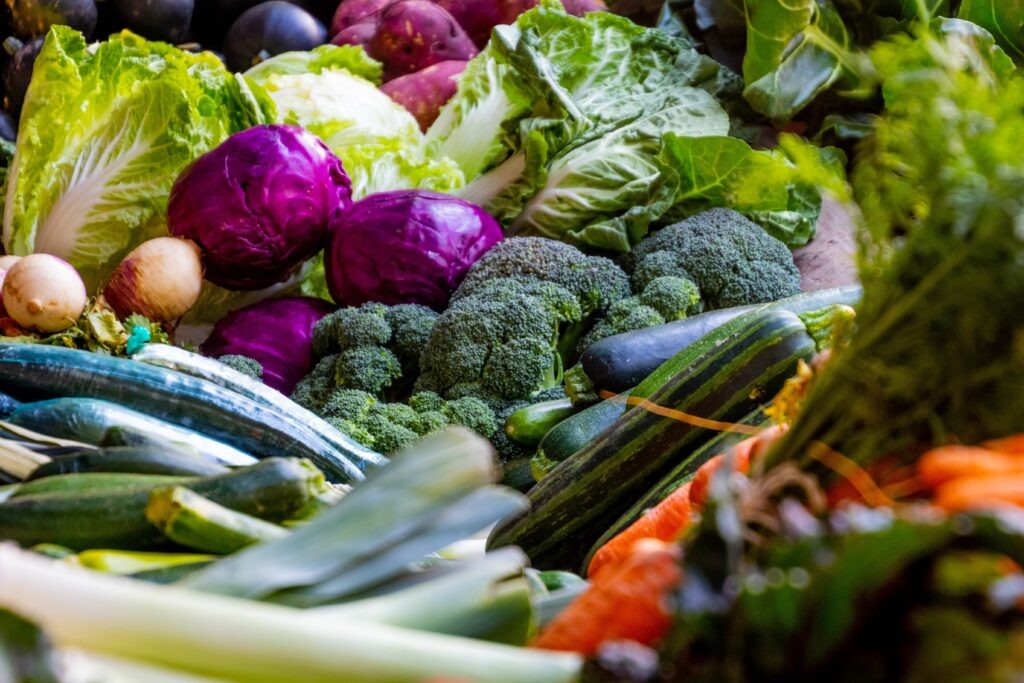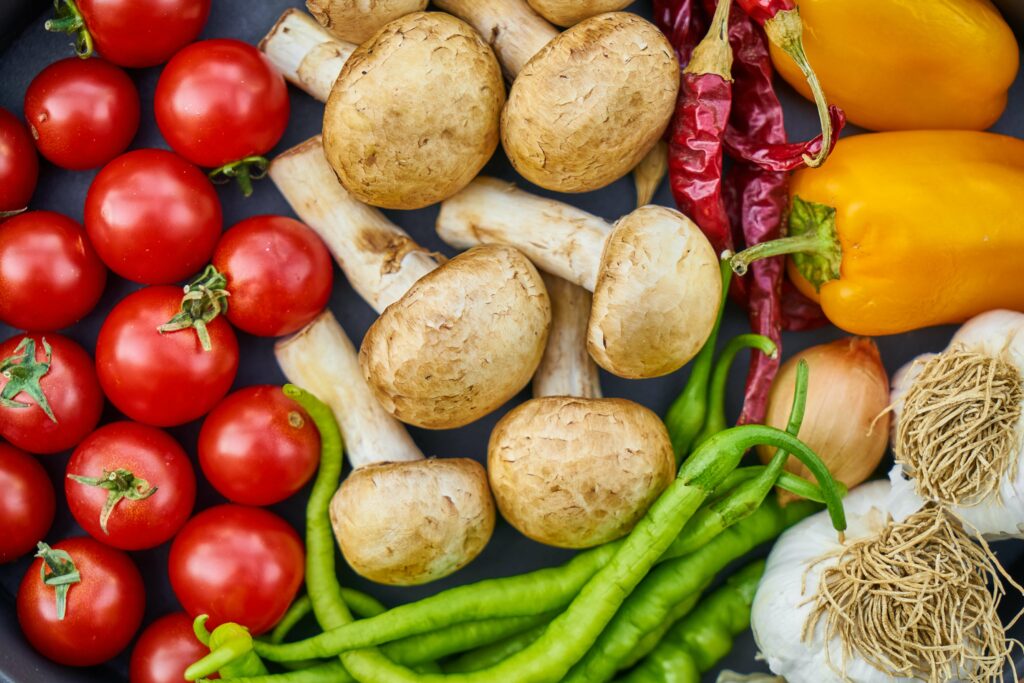
It is always important in diabetes to eat the right foods for maintaining healthy blood sugar levels. Eating healthy carbohydrates, foods with high fiber, and healthy fats can help you prevent blood sugar spikes. But eating high carbohydrate foods containing more sugar can make it very difficult for you to control your diabetes.
Which foods will help to lower your blood sugar levels quickly in diabetes?
Although diet plays an important role in regulating your blood sugar levels, unfortunately, there are no such foods that can bring down your blood sugar level quickly. You can, however, include foods in your diet that will help to manage your blood sugar at healthy levels and halt the spikes of high blood sugar. A healthy meal plan always contains nutrients in healthy proportions.
Your good meal plan should include:
- low – medium glycemic index foods
- carbohydrates count
Foods with low and medium glycemic index values are better choices for stabilizing your blood sugar levels. Here is a list of some foods that can help keep your blood sugar levels in a healthy range.
Roman Lettuce
Roman lettuce is an all-season vegetable. It is a very good source of dietary fibers, vitamins, and minerals. Its glycemic index is very low and it is extremely low in calorie content. Based on its nutrient richness, it is an excellent source of vitamin A, vitamin K, folate, manganese, potassium, copper, and iron, and all these vitamins and minerals make this leafy green an excellent and healthful staple in stabilizing blood sugar levels.
Mushrooms
Mushrooms are a rich and low-calorie source of protein, fiber, and antioxidants. They are considered fungus as they don’t have roots, leaves, flowers, or seeds. They have a low glycemic index containing a very low amount of carbohydrates, high water content, and fiber that help you keep fuller for longer, hence keep your blood sugar levels in check.

Beans
Eating a cup of beans every day combined with a low glycemic diet always helps to lower blood sugar levels. Beans themselves are also low on the glycemic index chart and they help manage blood sugar levels better than starchy foods. They also contain fiber, protein, and other nutrients, making them a nutritional component for every meal.
Oat meals
Oat meals have moderate fiber content but a low glycemic index. They are more slowly digested and metabolized, resulting in a lowering of blood sugar.
Broccoli
Broccoli sprouts help reduce your blood sugar levels up to 10%. They contain a concentrated source of a chemical called Sulforaphane that helps in controlling blood sugar levels. Broccoli sprouts also provide minerals, vitamins, and other nutritional values.
Lentils
Lentils are very rich in dietary fiber, vitamins, and minerals. They slow down the digestion process, ultimately reducing blood sugar levels.
Chickpeas
Chickpeas are also known to support blood sugar control. The fiber and protein in chickpeas help prevent your blood sugar levels from rising quickly after eating which is an important factor in your diabetes management.
Cinnamon
Cinnamon contains antioxidants that decrease oxidative stress. It imitates the effect of insulin by increasing insulin’s ability to move blood sugar into cells. Eating half a teaspoon daily of cinnamon powder is advised to help curb blood sugar levels by lowering insulin resistance.
Ginger
Take a little ginger powder and mix it with turmeric milk. It may help not only lower your blood sugar levels but also improve and regulate insulin production.
Garlic
Garlic is one of the ingredients used in traditional medicines for diabetes. It not only lowers blood sugar levels but also helps in reducing inflammation and LDL cholesterol.
Cucumbers
Cucumbers are low-carb vegetables and have a very low glycemic index, which means they don’t contribute to high blood sugar. Cucumbers also contain high fiber content, a key factor in lowering blood sugar levels.
Dates
Dates have a medium GI but they don’t spike your blood sugar levels. Though dates are high in fiber, nutrients, and antioxidants, they are also high in calorie quantity. Consuming dates in moderation like two or three dates at a time is a good choice.
Bottom Line
Keep your blood sugar levels under control by eating healthy, staying physically active, managing stress, and regularly taking medications as prescribed by your physician.
Stay safe!
